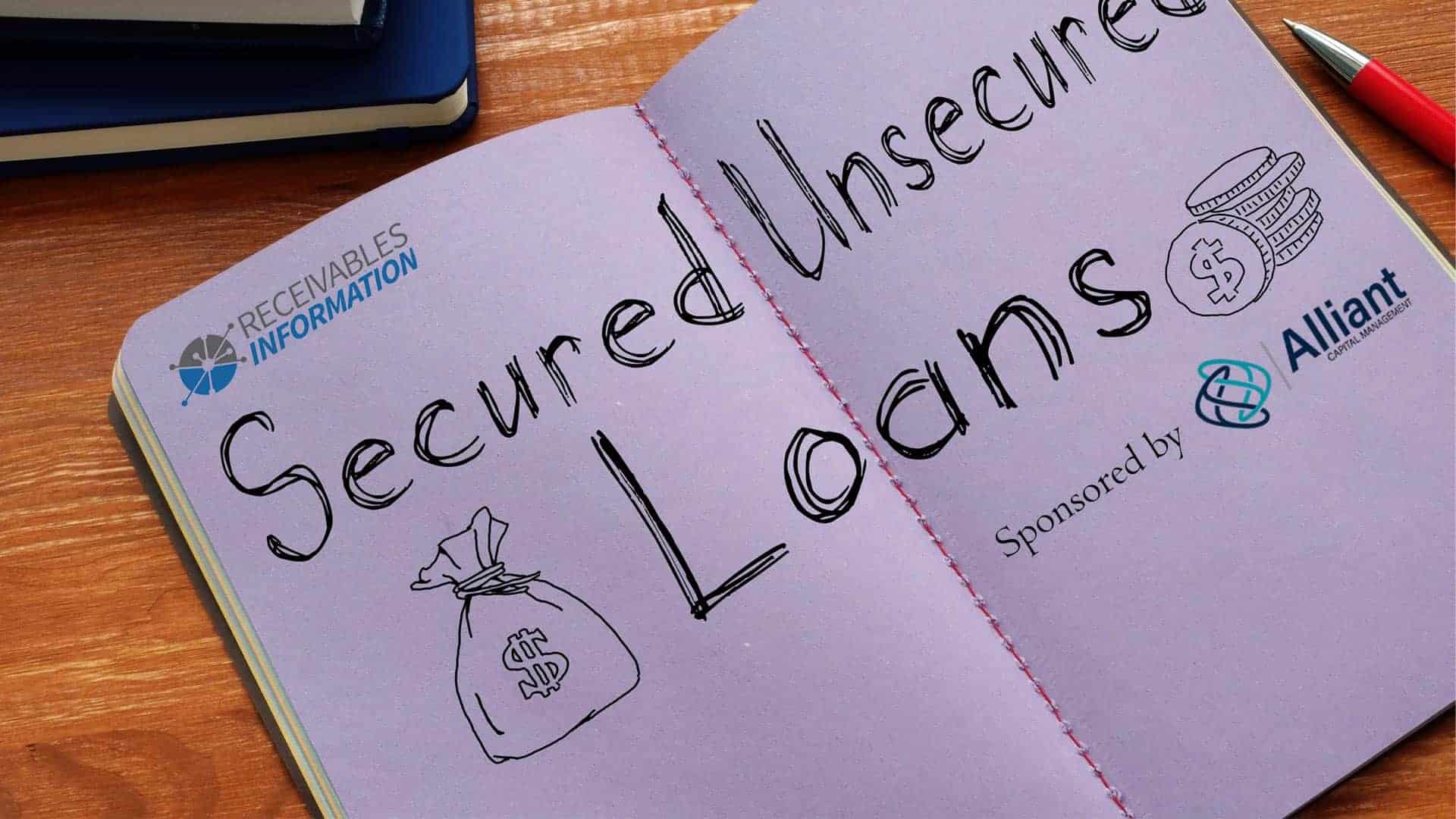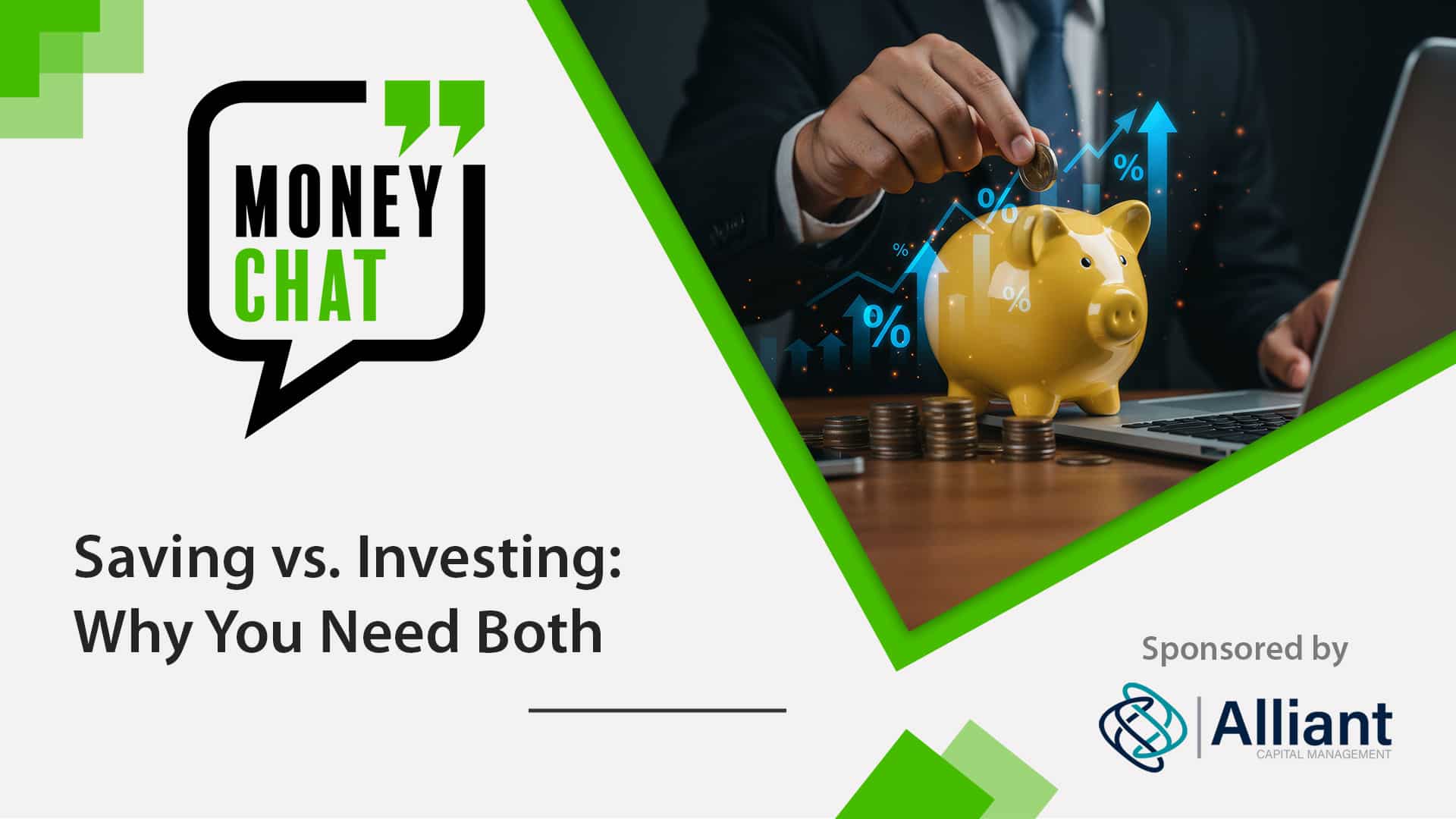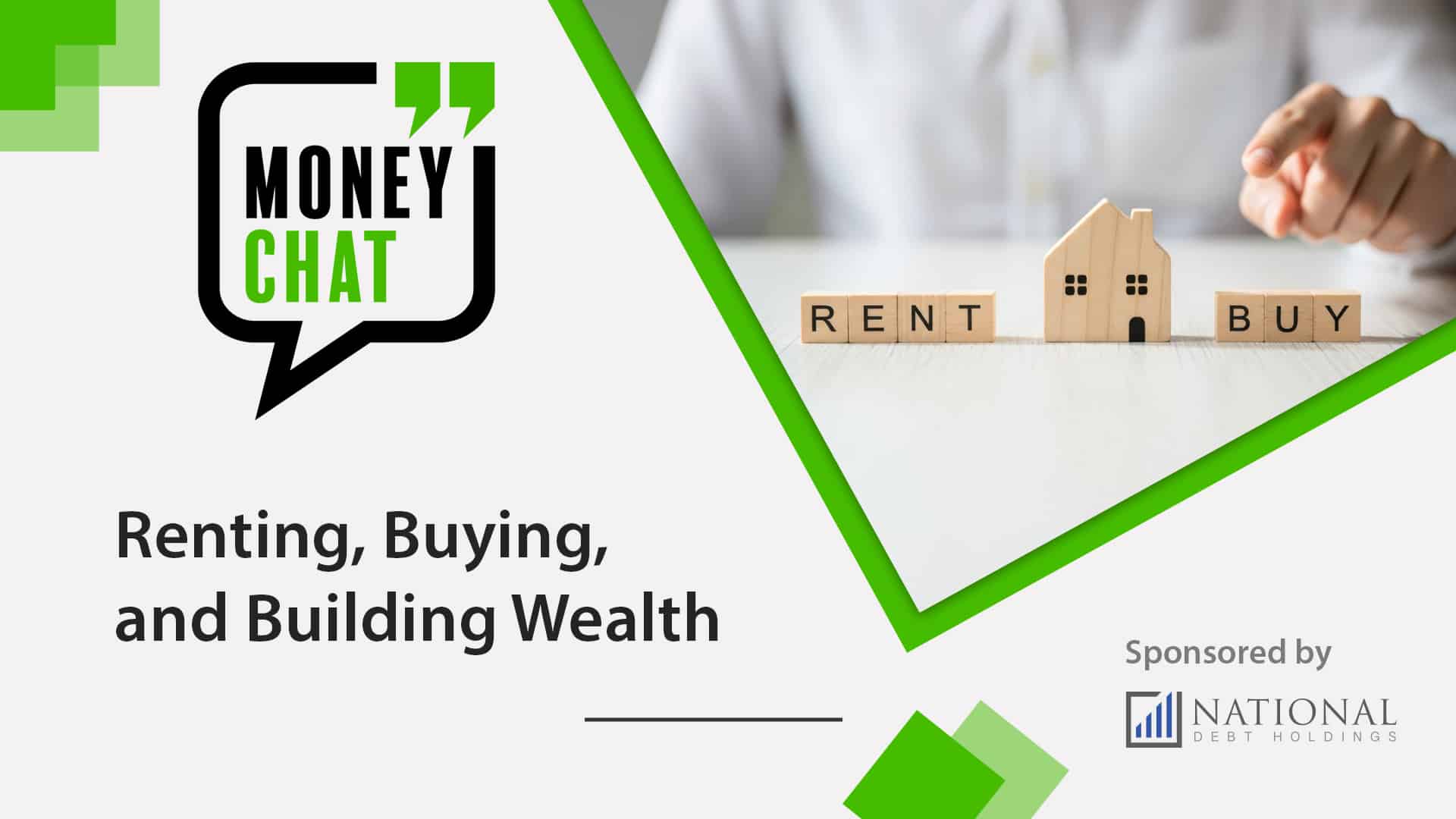
Explaining the Difference Between Secured and Unsecured Loans
Secured loans and unsecured loans allow a consumer to borrow money from a lender in exchange for full repayment of that amount, plus interest. The qualifications, loan terms, and interest amounts vary for each loan based on the purpose of borrowing, collateral, creditworthiness of the borrower, and other factors.
Secured loans use a borrower’s asset, a piece of collateral, to guarantee the loan. Collateral is often the item being purchased (car, home, investments, etc.) or an item equal to or greater value than the loan amount and accepted by the lender. The lender can seize and convert collateral into cash to repay the loan if payments are not made as agreed upon in the loan agreement.
Unsecured loans traditionally require a borrower to have a higher credit score to qualify and typically have higher interest rates than secured loans. The most common types of unsecured loans are credit cards, student loans, and personal loans. These loans are not protected by any collateral and are considered a higher risk since the lender has nothing to seize if the borrower defaults on the loan. If loan payments are not made, per the agreement, a collection agency may be commissioned to collect the debt or the lender could seek legal action against the borrower.
Our goal in this Money Chat is to help you understand what these types of loans are, how they work, and how they can impact your credit score.
What is the difference between secured and unsecured loans?
What is a secured loan?
Creditors often evaluate a person’s credit history to determine what kind of risk that person presents as a borrower. For people who are just starting to build their credit or who have lower credit scores, it may be easier to get a secured loan than an unsecured loan. Secured loans require the borrower to provide collateral (something of value like a car, a boat, a home, etc.) that the bank or lending institution can seize if the borrower does not pay back their loan.
What is an unsecured loan?
People with higher credit scores may qualify more easily for unsecured loans than people with lower credit scores. These loans require no collateral, so the creditor is trusting that these borrowers will pay them back. This trust is based on creditworthiness — borrowers who managed money well in the past earn a good credit rating. Unsecured loans put lenders at higher risk and, as a result, may have a higher interest rate than secured loans. If that trust is broken and there is a default in repayment, the lender can report late or missing payments to the credit reporting agencies, engage in debt collection, and potentially take legal action or sue the borrower to recover loan balances.
How do secured and unsecured loans work for the borrower?
Let’s explore two scenarios, one for a secured loan and one for an unsecured loan from the borrower’s perspective.
Borrower Experience Example – Secured Loan
You want to buy a new car for $35,000. Your credit score is too low to get an unsecured loan and you need to use the new car itself as your collateral. What steps will you take to acquire a loan to purchase your new car?
- Select a bank or a credit union that offers personal loans.
- Complete the creditor’s application process and verify your credit score.
- Review collateral requirements, loan fees, and interest rates.
- Discuss the payment plan and any contract terms for clarity.
- Buy your car and make all of your payments on time!
Borrower Experience Example – Unsecured Loan
You want to buy a new car for $35,000. Your credit score is great and you’re looking for a loan with a great interest rate. What steps will you take to acquire a loan?
- Read our previous installment of Money Chat, Explaining the Difference Between Installment Credit and Revolving Credit
- Complete the creditor’s application process.
- Discuss the interest rate and get clarity on payment dates.
- Make installment payments on time.
- Maintain awareness of any changes to interest rates.
- Explore ways to pay off these debts faster by paying additional money to the principal of the loan.
- Discuss opportunities to save money by repaying the loan more quickly while recognizing that the longevity of the loan may positively impact your credit score.
How does taking a secured or unsecured loan impact my Credit Score?
Part of your credit score is an evaluation of your credit utilization ratio. This is a calculation (current balance/credit limit) that demonstrates how much of your available credit is still available. Another important part of your credit score is related to the length of time that your installment credit accounts have been open. Older accounts are generally more beneficial for your credit score since they demonstrate a stable history of on-time loan repayment.
What does this mean for me as a consumer?
Having a clear understanding of the proposed repayment schedule, interest rates, any associated penalties, and loan terms is important to making healthy financial decisions and determining if your budget can support the loan. If you make your payments on time and uphold your part of the agreement, you will boost your credit score and allow future creditors to trust you as a borrower.
If you have specific questions when applying for and obtaining credit, be sure to ask the potential creditor with whom you are applying.
Money Chat Quick Reference Guide – Secured & Unsecured Loans
| Secured Loans | Unsecured Loans | |
| Debtor or Borrower | Borrows Money from Lender | Borrows Money from Lender |
| Creditor or Lender | Bank or Credit Union | Credit Card Company |
| Borrower Qualification | High-Risk Borrower
Low Credit Score |
Low-Risk Borrower
High Credit Score, Good Credit History |
| Collateral | Your house, your car, an asset of value that can be taken if the loan defaults | N/A |
| Borrowing Limit | Higher | Lower, some restrictions |
| Loan Amount or Principal | Often higher value | Often lower value |
| Interest Rate | % above principal of the loan Lower Rate | Higher Rate, may change over time |
| Repayment Period | Varies | Varies |
| Contract | Payment guarantee, agreement | Higher risk for the lender |
| Lender Debt Collection | Possession of collateral | Report to Credit Reporting Agencies, Debt Collection, Sue the Borrower |
| Pros | Easier to attain with lower credit score | Do not need collateral |
| Cons | Your asset could be repossessed if unable to make payments | High interest, personal credit score, and future loan opportunities can be impacted if payments are delinquent |
| Examples | House, Car, Home Equity Loan, Home Equity Line of Credit | Credit Card, Student Loans, Personal Loans, Personal Lines of Credit |
Additional Resources
For more information about financial literacy and to access additional consumer financial resources, please visit the Receivables Info Resources Page.
Have an idea for a Money Chat topic?
We want to hear from you! If you have a suggestion for a future Money Chat topic, please email us at [email protected].
The information contained in this article is meant to serve as general guidance for consumers and not meant to serve as comprehensive financial advice. For questions about your individual circumstances, finances, or accounts, please contact your creditor(s) and/or financial advisor directly.
Thank you to our Sponsor
This article was sponsored by Alliant Capital Management. Located in Amherst, NY, Alliant Capital Management is a professional debt collection company that provides recovery services for creditors. They have decades of experience in delivering compliant and affordable debt collection services. As members of both Receivables Management Association International (RMAI) and ACA International, Alliant Capital Management is committed to providing the best possible experience for consumers.







